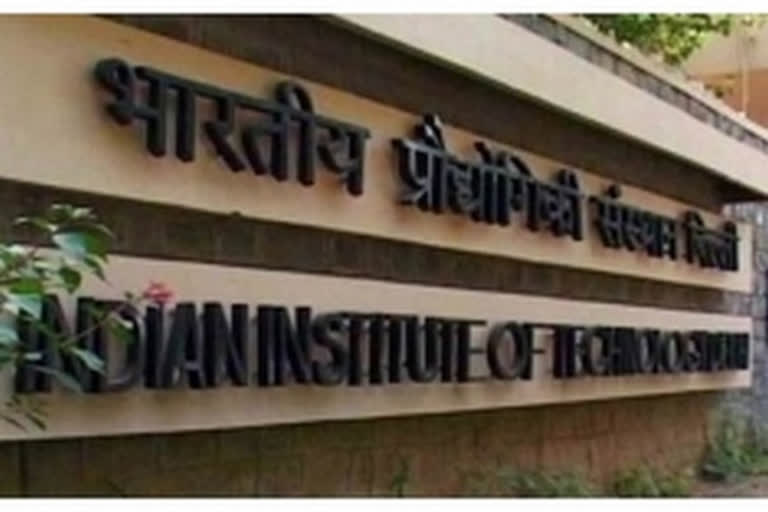New Delhi: The Indian Institute of Technology (IIT)-Delhi is set for a complete curriculum revamp for all courses after over a decade, according to the institute's new Director Rangan Banerjee. In an interview, Banerjee told PTI knowledge and technology landscape is rapidly changing and the curriculum has to match up the pace, and therefore IIT-Delhi has formed a panel for the curriculum review for all courses.
From being engineering institutions to becoming full-fledged universities, IITs have evolved over the years, he said. "We are going through a complete review of our curriculum so that we can enhance the student experience. The exercise is being conducted after over a decade. Over the last several years, IITs have moved from being predominantly undergraduate and engineering institutions to full-fledged universities offering a wide range of courses," he said.
"We are trying to provide in our curriculum, challenges and opportunities for students to engage with the real world and hence a complete revamp was needed. So hopefully next year we should be able to see many changes. Right now we are doing extensive consultation with faculty,students and alumni," he added. Banerjee. who was earlier a professor at IIT-Bombay, said both knowledge and technology landscape are rapidly changing and the curriculum has to match up the pace. "The curriculum has to constantly evolve for it to be relevant and our classroom teaching and practical modules have to reflect the same," he said.
Since its inception, around 54,000 students have graduated from IIT Delhi in various disciplines including Engineering, Physical Sciences, Management, and Humanities and Social Sciences. "The committee for curriculum review is working on a concept note following which each academic entity at the institute will look at its courses in the light of this. We are hoping that after the curriculum review we will have much more flexibility in our curriculum. We have started many new academic programmes including in new areas like Artifical Intelligence, Data Science, Cyber Security and Electric Mobility," he said.
"The Challenge today is that we are dealing with a generation of students that has smaller attention span. Classroom teaching alone cannot be the focus. We have to make them work on real-life projects, so they can learn actual problem-solving," he added. PTI




